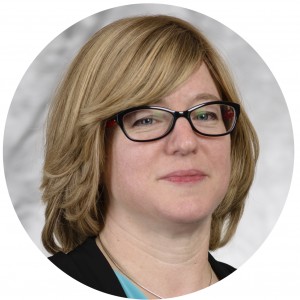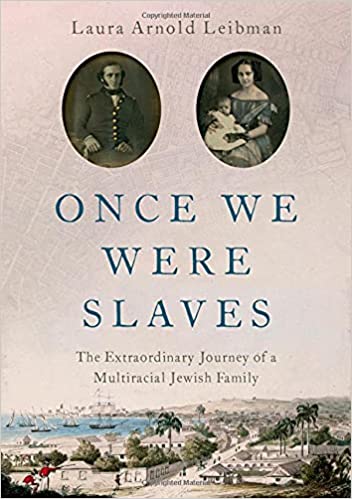Join a free, virtual Jewish Book Council Talk with Scholar Laura Arnold Leibman, Author of Once We Were Slaves: The Extraordinary Journey of a Multi-Racial Jewish Family
Hosted by Falmouth Jewish Congregation and the Worcester JCC
Thursday, February 10 at 2pm
On Zoom and broadcast live on FCTV Public Channel 13
Click here to register for the Zoom meeting, which allows you to participate in the Q & A:
https://us02web.zoom.us/meeting/register/tZUkdumuqDopGt0QkfLMNMzCoXaZ1pW14mpb
The public is invited to a free, virtual Jewish Book Council Author Talk by scholar Laura Arnold Leibman about her engaging historical study Once We Were Slaves: The Extraordinary Journey of a Multi-Racial Jewish Family, which brings to light “the fluidity of America’s racial boundaries and the multiracial threads of Jewish history” (Publisher’s Weekly). This event, hosted by Falmouth Jewish Congregation and Worcester JCC, will take place virtually on Thursday, February 10 at 2:00 P.M. You can view the program on Zoom and on FCTV, which will carry it live on FCTV Public Channel 13 in Falmouth. You can find the Zoom registration link and more information about the JBC author talk series at www.falmouthjewish.org. Books are available from Eight Cousins Bookstore in Falmouth and can be ordered in person, by phone or online at www.eightcousins.com.
"A richly contextual history of multiracial Jews and their travails and triumphs in the New World." --Kirkus
Once We Were Slaves is an engaging work of historical scholarship that follows a
family through its rises and collapses of fortune and, in the process, strips away damaging misconceptions about the homogeneity of America's Jewish community." --Foreword Reviews
An obsessive genealogist and descendent of one of the most prominent Jewish families since the American Revolution, Blanche Moses firmly believed her maternal ancestors were Sephardic grandees. Using family heirlooms to unlock the mystery of Moses’s ancestors, Once We Were Slaves overturns the reclusive heiress’s assumptions about her family history to reveal that her grandmother and great-uncle, Sarah and Isaac Brandon, actually began their lives as poor Christian slaves in Barbados. Tracing the siblings' extraordinary journey throughout the Atlantic World, Leibman examines artifacts they left behind in Barbados, Suriname, London, Philadelphia, and, finally, New York, to show how Sarah and Isaac were able to transform themselves and their lives, becoming free, wealthy, Jewish, and—at times--white. While their affluence made them unusual, their story mirrors that of the largely forgotten population of mixed African and Jewish ancestry that constituted as much as ten percent of the Jewish communities in which the siblings lived, and sheds new light on the fluidity of race--as well as on the role of religion in racial shift--in the first half of the nineteenth century.
Laura Arnold Leibman is a Professor of English and Humanities at Reed College and the winner of a Jordan Schnitzer Book Award and four National Jewish Book Awards. Her work focuses on religion and the daily lives of women and children in early America and uses everyday objects to help bring their stories back to life. She is the author of Indian Converts (U Mass Press, 2008) and Messianism, Secrecy and Mysticism: A New Interpretation of Early American Jewish Life (Vallentine Mitchell, 2012), which won a National Jewish Book Award, a Jordan Schnitzer Book Award from the Association for Jewish Studies, and was selected as one of Choice’s Outstanding Academic Titles for 2013. Known, too, for her scholarship in Digital Humanities, Laura served as the Academic Director for the award-winning multimedia public television series American Passages: A Literary Survey (2003).




